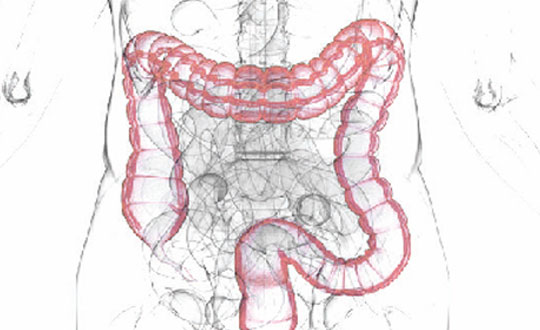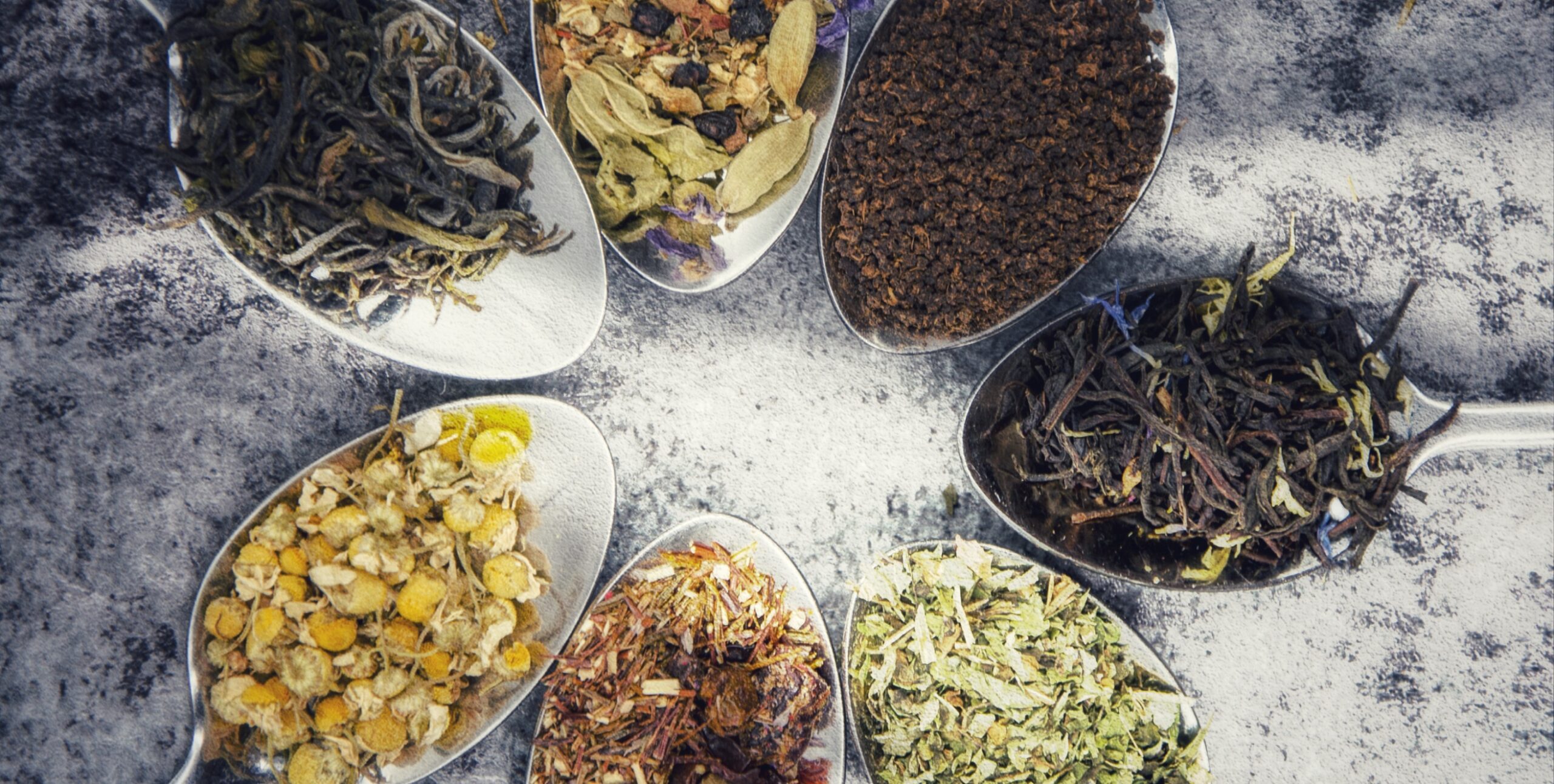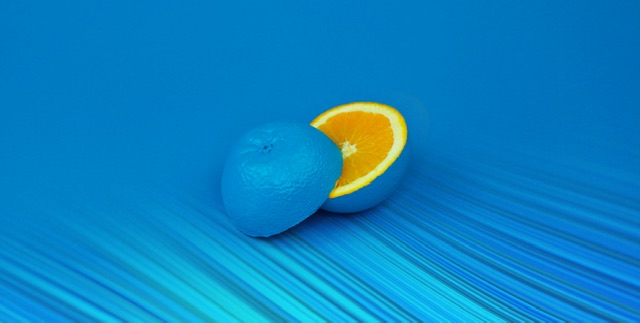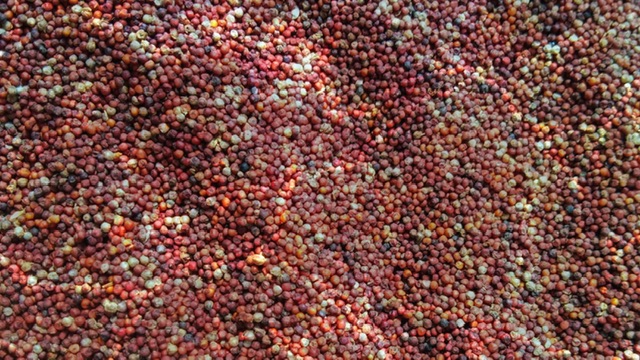If you recall the episode from Ramayana, where despite repeated attacks by Rama, Ravan appeared to be invincible and was killed only when Rama pierced his navel with an arrow. This is because, the navel corresponds to the seat of power in the body, the manipoorak chakra that makes up for any weakness and directly controls the digestive system in the body.
Ayurveda maintains that death begins in the colon and modern science agrees with this fact. Hence, in order to ensure a long and healthy life, it is of utmost importance to keep the colon healthy. Realizing this, today the market is flooded with various techniques and equipments to ensure the same. One of these is the Hydrocolon Therapy. The therapy with the aid of certain instruments washes the intestines with saline water to flush the toxins out of the system. However, being a synthetic process it entails certain side effects such as dehydration, electrolyte imbalance, discomfort, cramps and infection. During the hydrocolon therapy, there exists a risk of toxicity and allergy in the event of absorption of substances from the wall of the colon. Hydrocolon therapy comes with a high risk of infection and allergy, which instead of helping the body, accelerates ageing due to its hyperactive and unnatural nature. The U.S. Food and Drug Administration does not recommend colonic irrigation machines for routine use.
You will be surprised to know that the technique of using saline water for cleansing finds a mention in the Vedic sutras. The book, Sanatan Kriya – The Ageless Dimension mentions certain yogic techniques and Ayurvedic formulae (free from the risks of modern technology), to remove toxins from not just the intestines but also the entire digestive tract. The cumulative effect of these practices is a strong digestive system and constant replenishment of power in the body, ensuring youth, health and vigour.
The stomach is the organ responsible for deriving prana from the food, and in this sense, the Vedic masters identified three stomachs of a human being – the mouth, the stomach and the intestines. All these three stomachs are controlled and governed by the manipoorak chakra in the pranic layer of a person. Maximum imbalances in the body start with congestion in the stomach and a faulty elimination of waste from the body, which ultimately manifests into disease.
When you eat food, two things can happen that may lead to disease in the future. First, is the failure of absorption of nutrients from the intestines due to the development of a chemical coating on the walls, caused as a result of eating food laced with chemicals and masalas. Second, the slow/negligible movement of the ingested food in the digestive tract due to lack of pranic energy in the manipoorak; once again resulting from ingestion of chemicals and dangerous masalas. Both these things lead to collection of toxins (ama) and absorption of these toxins into the blood stream, which further destabilize the endocrine system giving rise to serious diseases, mostly auto-immune disorders like thyroid and asthma. And so the Vedic saying that death begins in the colon…
The manipoorak chakra and hence the stomach, can be kept in an optimal condition through certain yogic kriyas and mantras, which direct specific energy towards the manipoorak chakra, making for balance in the complete body. Many modern authors out of lack of understanding and experience of the subtler layers of the body conclude the chakras to be part of the physical body and hence, prescribe funny postures and abnormal breathing exercises to stimulate them. Chakras however correspond to the next layer of the body called the pranamaya kosha and need to be accessed through the realm of the ether under the guidance of a Guru.
For a basic experience of the manipoorak chakra, just sit with your eyes closed. Keeping your hands loose and relaxed, bring your palms closer to each other and then apart, in front of the navel while maintaining awareness of the palm centres and the point of the navel.
Look out for any sensations in the palms. Write to [email protected] about your observations.





